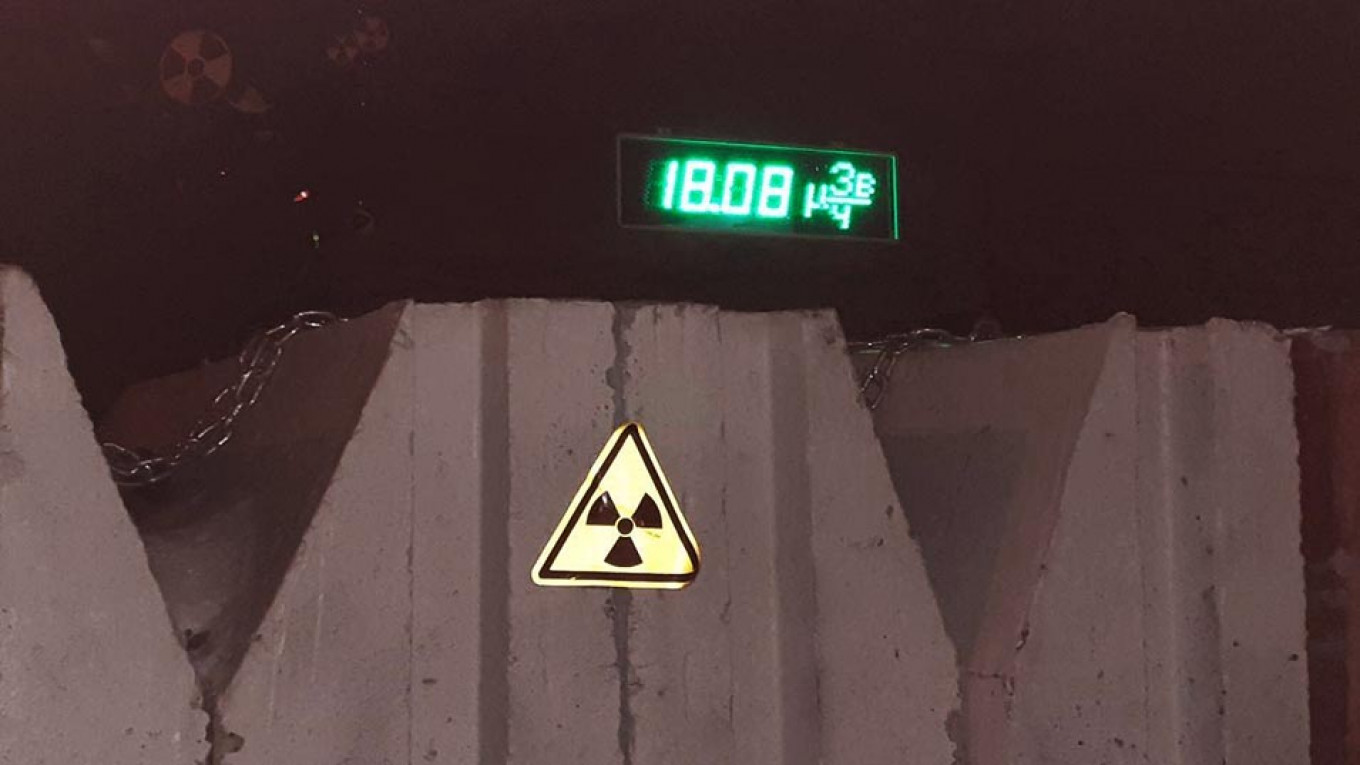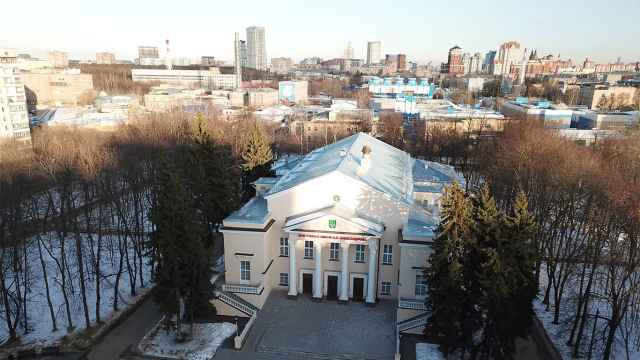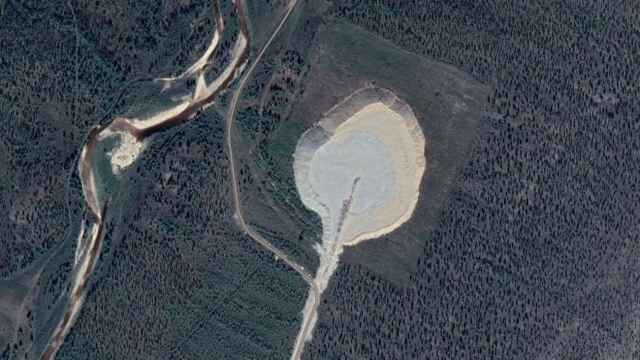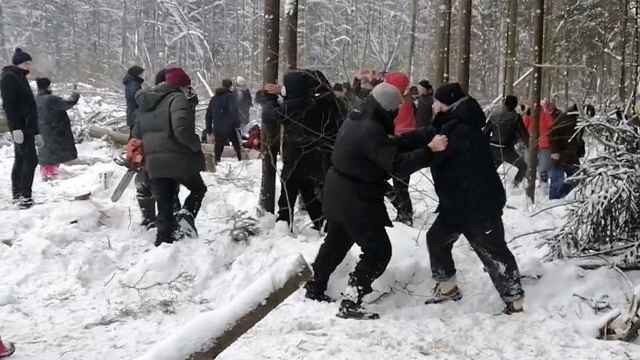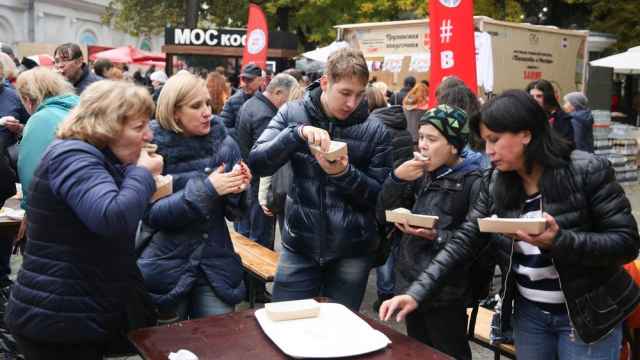A controversial highway construction site in Moscow has revealed radiation levels 60 times above normal, a local assemblyman said Sunday in a finding that the authorities later disputed.
Authorities plan to start building a 28-kilometer southeastern highway this year that activists warn will release cancer-causing radioactive dust into the air and water.
Equipment installed alongside the highway registered at least five spikes in background radiation over a 48-hour period, municipal deputy Dmitry Sarayev wrote on Facebook.
Emergency and radioactive-waste management officials who arrived at the site late Sunday said that the equipment malfunctioned, Sarayev wrote.
The Moscow branch of Russia’s Emergency Situations Ministry said the report of high radiation “does not correspond to reality.” Background radiation levels detected by state equipment do not exceed the normal range, it said in an online statement.
Greenpeace Russia has demanded that the highway construction be halted. State-run safety tests last year revealed radiation levels 200 times higher than the norm near the planned highway.
The NGO and hired experts found five locations on the highway route between the Moscow Polymetals Plant and the Moskvorechye commuter rail station where topsoil emitted up to eight times the normal level of radiation.
Moscow Mayor Sergei Sobyanin last month admitted the existence of “radioactive spots” along the Moscow River and promised to move some of the contaminated soil outside city limits. Greenpeace accused Sobyanin of not doing enough to prevent what they see as a radioactive incident waiting to happen.
A Message from The Moscow Times:
Dear readers,
We are facing unprecedented challenges. Russia's Prosecutor General's Office has designated The Moscow Times as an "undesirable" organization, criminalizing our work and putting our staff at risk of prosecution. This follows our earlier unjust labeling as a "foreign agent."
These actions are direct attempts to silence independent journalism in Russia. The authorities claim our work "discredits the decisions of the Russian leadership." We see things differently: we strive to provide accurate, unbiased reporting on Russia.
We, the journalists of The Moscow Times, refuse to be silenced. But to continue our work, we need your help.
Your support, no matter how small, makes a world of difference. If you can, please support us monthly starting from just $2. It's quick to set up, and every contribution makes a significant impact.
By supporting The Moscow Times, you're defending open, independent journalism in the face of repression. Thank you for standing with us.
Remind me later.


